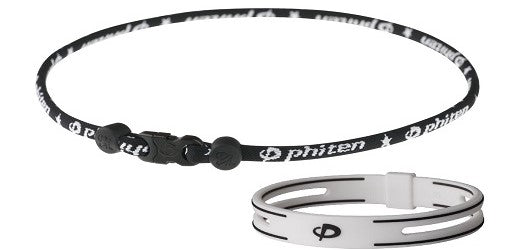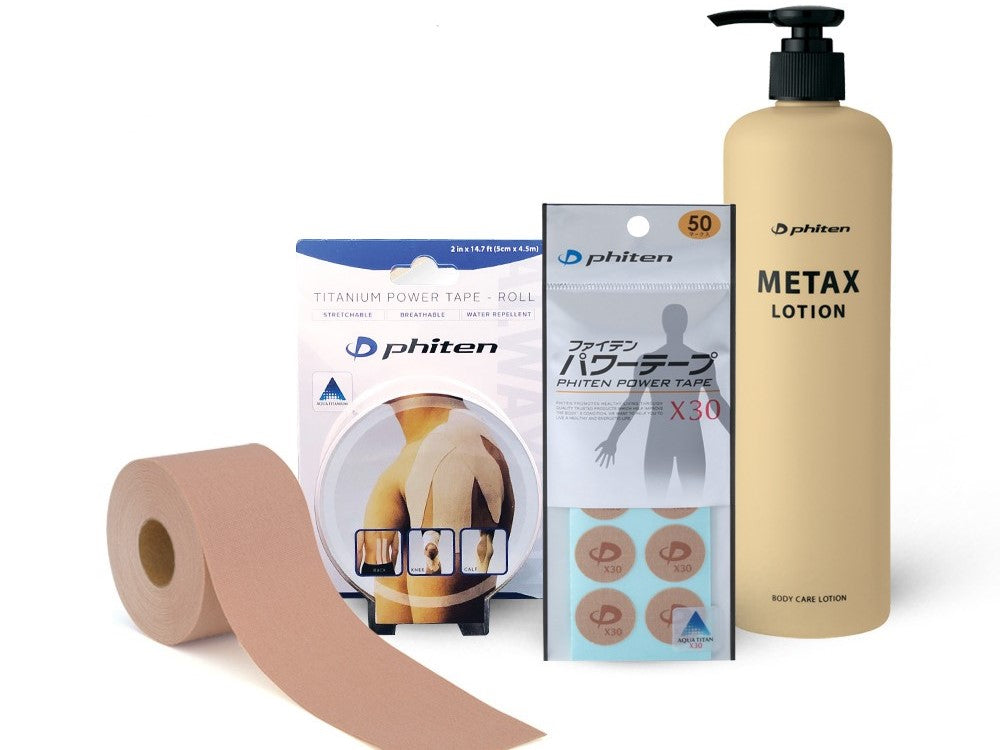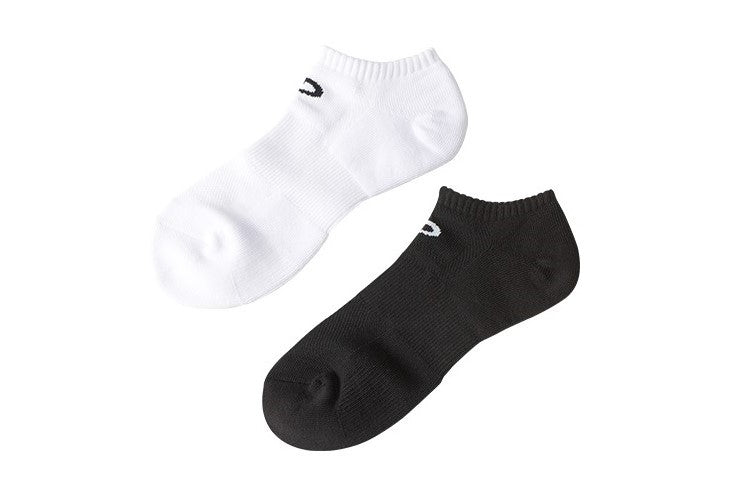Fiber and Weight Management: The Impact on Dieting
In today’s edition, we delve into the pivotal role of dietary fiber in weight control and its broader impact on health. Despite its known benefits, many adults consume less than half the recommended amount of dietary fiber daily. Understanding how fiber can effectively support your weight management goals offers not only immediate benefits but also long-term health improvements. Let’s explore how you can integrate more fiber into your diet to enjoy its numerous health rewards
The Role of Dietary Fiber in Weight Management
Dietary fiber, found in fruits, vegetables, whole grains, and legumes, is renowned not only for its health benefits but also for its effectiveness in weight management. Here’s how fiber can help you control weight and why it should be a part of your daily diet:
Appetite Control Through Soluble Fiber:
- Mechanism: Soluble fiber absorbs water and transforms into a gel-like substance in your gut. This process significantly slows down digestion, prolonging the sensation of fullness and reducing the frequent urge to snack.
- Practical Tip: To enhance satiety, integrate foods rich in soluble fiber, such as oatmeal, apples, oranges, nuts, flaxseeds, and beans, into your daily meals.
Metabolism Boost from Fiber:
- Mechanism: Fiber-rich foods require more energy to digest compared to their low-fiber counterparts, thereby increasing calorie expenditure during digestion. This not only helps in burning more calories but also in stimulating your metabolism, which is beneficial for weight control.
- Practical Tip: Aim to include high-fiber foods in each meal. Options like whole grains (quinoa, barley) and whole fruits are excellent choices.
Caloric Reduction with High-Fiber Foods:
- Mechanism: Foods high in fiber are less energy-dense, meaning they provide fewer calories for the same volume, helping you stay full with fewer calories.
- Practical Tip: Substitute white rice, bread, and pasta with whole-grain alternatives. These healthier options not only help maintain fullness but are also lower in calories.

Incorporating Fiber into Your Daily Diet:
Making dietary fiber a regular part of your diet is straightforward and beneficial:
- Morning Routine: Kickstart your day with a high-fiber breakfast such as a bowl of whole-grain cereal or oatmeal topped with berries.
- Smart Snacking: Choose raw vegetables, fruits, or nuts over processed snacks to keep fiber intake up throughout the day.
- Fiber-Rich Dinners: Complement your meals with a vegetable side dish or a salad and consider substituting meat with legumes or lentils occasionally.
Enhancing your diet with increased fiber intake can significantly boost your weight management efforts and lead to broader health improvements, including better digestion and a reduced risk of chronic diseases. As you adjust your fiber intake, don’t forget to increase your water consumption to help manage the fiber's movement through your digestive system.
We hope this newsletter provides you with valuable insights into the importance of fiber in diet and weight management and inspires you to make healthier, fiber-rich choices every day.
Stay healthy and informed,
Disclaimer:
Please note that the information provided in this newsletter is for educational purposes only and is not intended as a substitute for professional medical advice, diagnosis, or treatment. Always consult your physician or other qualified health providers with any questions you may have regarding a physical or mental health condition. Individual cases may vary, emphasizing the importance of personalized medical advice.







